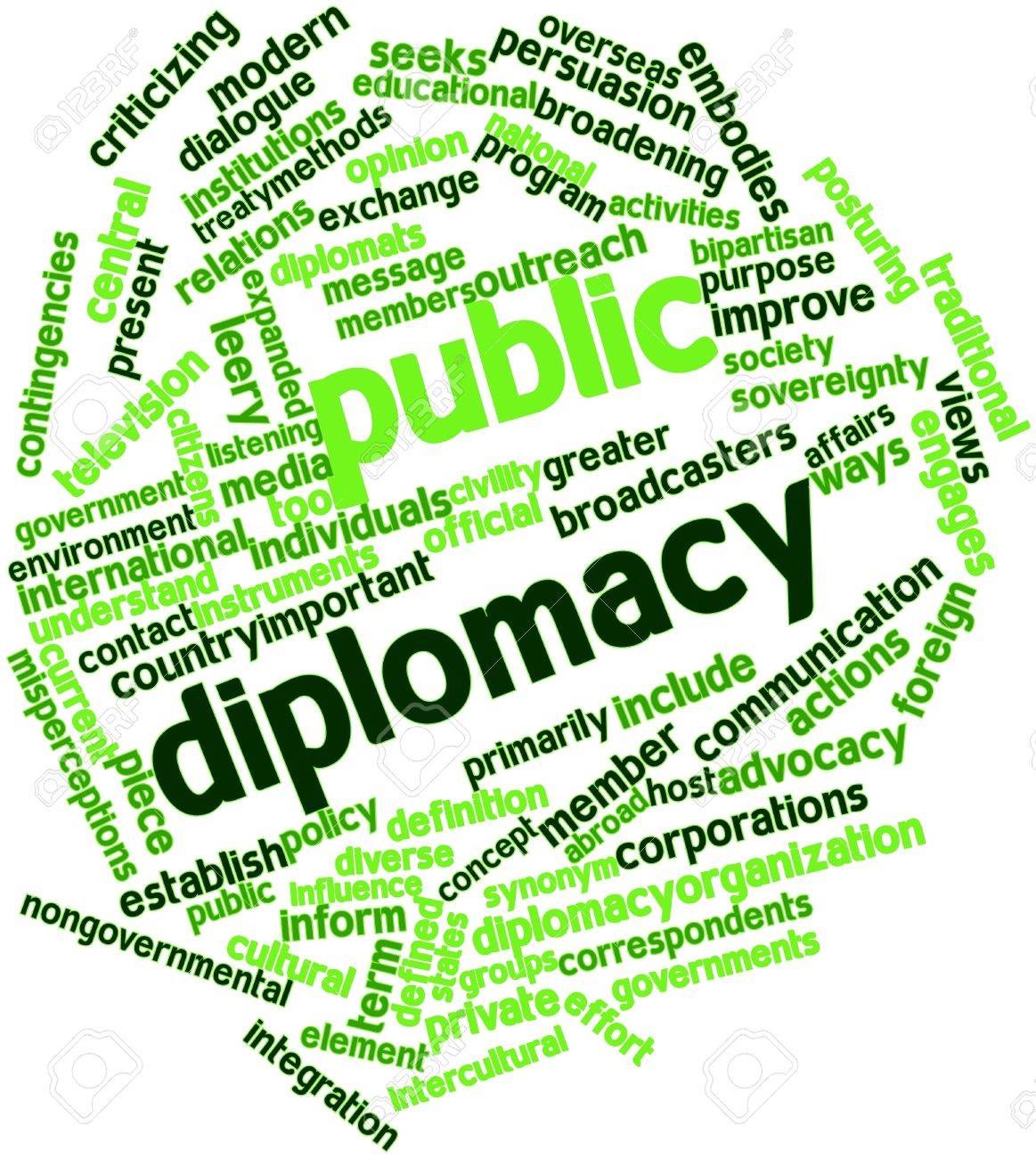Katinka Barysch
Katinka Barysch is Director of Political Relations at Allianz SE.
MUNICH – Most people used to think of the Internet as a force for good. It was supposed to allow us not only to shop, stay in touch with former classmates, and find a new sushi restaurant; it was also supposed to empower us politically by allowing the disenfranchised to make their voices heard, help activists mobilize supporters, and enable ordinary citizens to publicize evidence of official corruption or police brutality.
But doubts have crept in – and not only since the revelations of government agencies’ use of the Internet to spy on us, our leaders, and one another. The Internet’s impact on politics is deeply ambiguous. Unless and until it becomes a space where rules and rights apply like they do in the real world, that is unlikely to change.
Early enthusiasts dreamed that mere access to the Internet would help spread democracy. This did not happen. At the end of the 1990’s, 4% of the world’s population was using the Internet; today, almost 40% do. But the share of countries classified as “not free” or “partly free” by the democracy watchdog Freedom House has hardly changed over the same period. In the battle between networks and hierarchies, the hierarchies seem to be winning more often than not.
One reason is that governments have become as skillful at using the Internet and modern communications technology as activists. Autocratic governments use it to track down protest and opposition leaders, as we have recently seen in Ukraine. They employ armies of people to vet and skew online conversations. Some people even argue that the Internet acts as a political release valve that helps dictators stay in power.
But even the most determined autocrat cannot fully control political activity online. Tech-savvy young people tend to circumvent attempts at official censorship. And yet Internet activists are not necessarily gaining power.
Internet-inspired movements usually have lasting impact only if they generate traditional political activity, such as street protests or the establishment of political parties. For this, they need leadership, which net activists tend to reject, because they view themselves as pure grassroots movements. In the absence of viable strategies and clear direction, most Internet-aided uprisings have dissipated quickly.
The Internet has thus turned out to be less potent than expected in the fight against tyranny. Nor is its effect on established democracies straightforward. While democracies have arguably become more vibrant, their politics have become more volatile.
Consider the media. Only 16% of Americans in their 40’s read (print) newspapers these days; the share among 20-somethings is 6%. Digital media offer great diversity, easy access, and opportunities to comment. But they encourage people to retrieve only information and commentaries that fit their existing views. While traditional media can present their readers with balanced coverage, digital media can fuel political polarization.
Moreover, political firebrands, populists, and radicals, from Italy’s Beppe Grillo to American Tea Party members, use social media and the blogosphere to appeal directly to potential supporters. The Internet allows many political upstarts to amass a large following quickly, only to disappear just as fast. But the ebb and flow can unsettle established politics – for example, when centrist parties move to the right to lure voters away from more extreme parties.
At the same time, young people seem to think that they have exhausted their civic duties by tweeting and blogging. They no longer join political parties, trade unions, and other interest groups. The average age of party members in Germany is over 50. In the United Kingdom, a retiree over 60 is more likely to be a trade-union member than a worker under 30 is. Without civil-society organizations, politics becomes more fragmented and less cohesive – and finding workable compromises becomes harder.
The revelations of snooping by the US National Security Agency (NSA) will hasten a more realistic assessment of the Internet’s effect on politics, providing a welcome opportunity to consider what has gone wrong and what could be put right.
A multitude of small steps could help – such as giving pro-democracy movements the technology needed to evade autocrats, presenting digital media in a balanced way, and making political parties more responsive to their members. But the fundamental challenge is to suffuse the Internet with the same rules, rights, and values that pervade our democracies.
Freedom cannot be absolute, whether online or offline. Human rights, and not only the right to personal privacy, must be respected in cyberspace. Because no single body or government sets rules for the entire Internet, any digital code of conduct would have to emerge from the grassroots – and thus would be highly imperfect. But perhaps the NSA has helped start the discussion: though we may not know which rules we want, we may now have gained a much better idea of which rules we do not want.
http://www.project-syndicate.org/commentary/katinka-barysch-explains-why-the-internet-has-not-led-to-better-politics
Read more at http://www.project-syndicate.org/commentary/katinka-barysch-explains-why-the-internet-has-not-led-to-better-politics#9Olw0mq0GSXMhFDz.99







